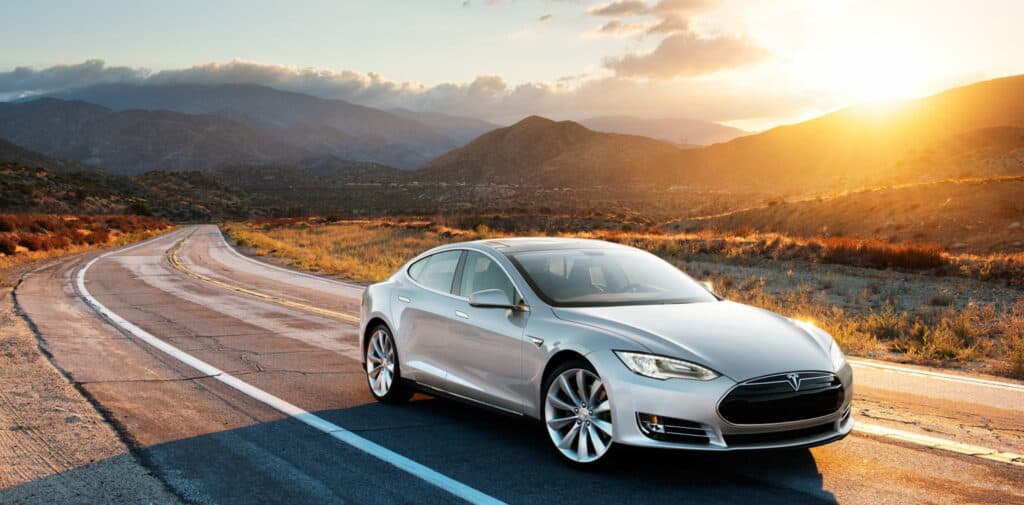The tax breaks
The popularity of hybrid and purely electric cars has increased significantly over the past few years. As manufacturers introduce greater efficiency coupled with increased choice and performance, demand is only likely to increase further.
With this in mind, the government have stepped up their green initiatives, and are actively encouraging the use of electric vehicles by providing a range of tax breaks.
Purchasing the vehicle or leasing?
If a company purchases the vehicle then capital allowances will be available based on the acquisition cost of the vehicle. If the company leases the vehicle, no capital allowances will be available and tax relief will be available on the monthly lease rentals. Whilst there is no right or wrong answer about whether the car should be purchased or leased, the cash flow impact should be considered before any decision is made.
Capital Allowances
Most cars purchased by companies will qualify for tax relief on a writing down basis at either the main rate (18%) or the special rate (6%). For new and unused cars with CO2 emissions of 0 g/km, there is a special enhanced capital allowance rate of 100% available in the year of acquisition. The enhanced allowance will be available from 1st April 2021. A new and unused car acquired before 31st March 2021 attracted 100% capital allowances if the CO2 emissions are less than 50g/km.
Applying the main rate of writing down allowances, after 8 years the company will still only have relieved 80% of the cost of the vehicle, but with the enhanced capital allowance regime available to electric cars, the full cost can be relieved in year one.
Only new cars qualify for enhanced capital allowances, second hand cars do not qualify for this allowance.
On the flip side, as the electric car will have incurred 100% tax relief on purchase, when the car is disposed of it will result in a balancing charge due to the electric vehicle pool having a zero balance. Allowances claimed will therefore be clawed back equal to the sale proceeds of the car. It is therefore crucial you seek advice before a purchase or disposal of your electric vehicle.
Benefits in Kind
The Benefit in Kind (“BIK”) charge for cars provided by an employer have increased over the years with the charge based on the CO2 emissions of the vehicle. The higher the CO2 emissions, the larger the charge.
Changes to the BIK taxation rules going forward mean switching to an electric car can bring significant tax benefits. From 6 April 2021, the BIK tax for electric vehicles is 1%, this includes hybrid vehicles with a range of at least 130 miles and emission of less than 50 grams of CO2 per kilometer. The BIK will increase to 2% for tax year 2022/23. It is anticipated that the low benefit in kind will remain until at least March 2025.
Associated benefits
HMRC do not consider electricity to be a fuel for car fuel benefit purposes, therefore HMRC introduced a new rate from 1 September 2018 of 4p per mile for fully electric company cars. This is the tax-free mileage rate that can be paid by employers or claimed by employees when they use a company electric car for business mileage.
The cost of charging an electric vehicle at work is completely tax free.
The cost of installing a vehicle charging point at the employee’s home is also a tax free benefit. Before installing a charge point at an employee’s home it would be worth checking with the manufacturer as grants may be available to help with the cost.
An employer can pay for a charge card of £100 per year to allow individuals unlimited access to local authority vehicle charging points without incurring a benefit.
Employer’s National Insurance
From 6 April 2021, the Benefit in Kind charge will be 1%, so there will be a class 1A National Insurance liability at 13.8% based on 1% of the list price of the vehicle. From 6th April 2022 the employers class 1A National insurance rate will increase to 15.05%.
Salary Sacrifice arrangements
As the tax benefits of operating an electric vehicle as your company car can be significant some employees may find it beneficial to reduce their salary in order to allow them to incorporate an electric vehicle as part of their overall remuneration package. The calculations here can be quite complicated but we would be happy to review this for you.
There are also some potential pitfalls to avoid here such as ensuring that the cash earnings after the salary sacrifice do not fall below the National Minimum Wage and making sure the arrangement is correctly documented.
VAT
HMRC have no special VAT rules for electric cars and hybrids. The VAT can only be recovered by a VAT registered business on the purchase of the car if there is no private use at all. Private use includes home-to-work journeys.
If you lease the car, then you can recover 50% of the VAT on the hire charges and all the VAT on any additional charges such as maintenance or roadside assistance.
Recovering input tax for charging electric vehicles
VAT recovery on the charging of an electric vehicle depends if you are a sole trader or a director or an employee.
Sole Traders
Sole Traders can recover the input tax for charging their electric vehicle if all of the following apply:
- you are a sole trader
- you charge your electric vehicle at home
- you charge your electric vehicle for business purposes
You should work out how much of charging your electric vehicle is for business use and how much is for private use. You can recover VAT on only the business use amount. The usual input tax rules apply.
As a sole trader, you can recover the input tax for charging your electric vehicle for business use at other places. The usual input tax rules apply.
The rate for recovery of input tax for charging electric vehicles is the same as the VAT rate charged on the supply of electricity.
Directors and Employees
You cannot recover the VAT for directors or employees charging an electric vehicle (which is used for business) at home. This is because the supply is made to the employee and not to the business.
You can recover the VAT for directors and employees charging an employer’s electric vehicle (for both business and private use) at the employer’s premises. The individual needs to keep a record of their business and private mileage so that you can work out the amounts of business use and private use for the vehicle.
The VAT recovered will include the electricity for private use. However, you will be liable for an output tax charge on the amount for private use. This is because a ‘deemed supply’ has been made. Alternatively, you can recover VAT on only the business element. The usual input tax rules apply.
For further information about how we can help, please email us or call us on 0161 608 0000.
Published December 2021 – please do not rely on this document alone and seek advice to take into account your own circumstances







 Production
Production